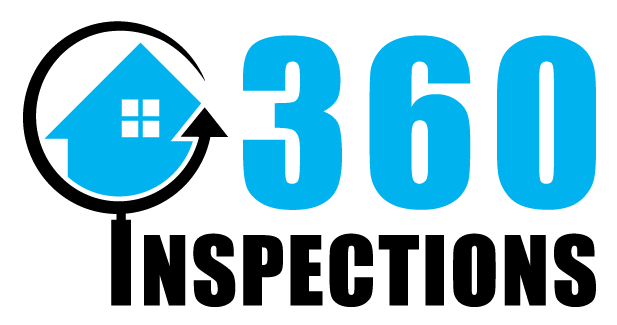Have you noticed a stuffy nose lately? Or maybe some small patches of dark color on your basement walls? You’re not alone. Mold is a common household problem, and if left ignored, can become dangerous and expensive.
DISCLAIMER: If you find that you match the description of any or multiple of the signs of mold below, please proceed with caution as some molds can be toxigenic. Always play it safe and wear long sleeves, goggles and a mask when attempting to inspect mold. If you are experiencing symptoms from mold, please see a doctor.
Here is a list of Mold FAQs on the Centers for Disease Control and Prevention website.
What causes mold?
Mold can be caused by a wide array of things, but it always comes back to moisture. If you’ve experienced flooding in the past, leftover condensation can get trapped and produce mold. If you have a leak anywhere in the home (ceiling, pipe, faucet etc.), you are at high risk for developing mold. Even just condensation that builds up frequently from humidity can lead to mold colonies. Dark spaces cultivate mold more actively, so dark and moist spaces are especially prone. Luckily, there are ways to tell if you’ve developed mold somewhere in your home.
Do I have mold in my home?
Mold can present itself to you in a variety of ways:
- You have a runny nose, sneezing, or irritated eyes
- Visible, unusual patches of coloration on walls, floors, or other surfaces
- A musty, funky smell that lingers
- More severe physical symptoms can be triggered by toxic mold
- Headaches
- Dizziness
- Trouble focusing
- Memory loss
Visible mold growth can be a sign of a larger colony elsewhere in your home. If your physical symptoms seem to get better or go away when you’re not at home, you may have mold in your home. If you meet even one of these criteria, it is worth a mold inspection.
How do I look for mold?
There should be two goals when finding mold: getting rid of the mold, and finding the water or moisture that is creating the mold in the first place to fix the problem at the source. Hiring a professional mold inspector is always the best bet to know for sure, but doing occasional mold inspections on your own is a great way to prevent large colonies from growing.
To look for mold on your own:
- Wear goggles, gloves, and a mask to ensure your safety against any mold mycotoxins
- Look for wet spots, or spots that are frequently humid or damp (basements, bathrooms, kitchen cabinets, vents, drywall, under carpet, and window sills are hot spots)
- Using a flashlight, inspect the area for any discoloration, textured patches, or signs of growth
- Pay attention to any strange smells that feel musty or moldy in any way
- If you find a spot that looks suspicious, and might just be dirt, inspect it more closely but be careful to cause minimum disturbance in case it is mold that can release spores when disturbed
Once I’ve found mold, what do I do?
If you’ve found a spot, or series of spots, that looks convincing, contact your local mold removal service for testing and removal. They will be able to tell you what kind of mold it is, and can safely remove it. This is one area it’s better to be safe than sorry and leave to the experts.
It is very important that you do not disturb the mold, especially if it is a large colony or looks like a toxic mold; disturbing it can release dangerous mycotoxin spores and cause it to grow. Inhaling certain kinds of mold can be dangerous or deadly.
Once the mold is gone, you should repair any leaking pipes, faucets, or ceiling spots. Continue preventative maintenance often, drying out damp spots and sealing any holes. A dehumidifier in humid areas of your home can help keep mold from growing.
Hire a professional mold inspector!
Mold is no joke and it’s hard to tell if it may be dangerous or even life threatening. While 360 Inspections can perform a standard home inspection including looking for signs of mold, greater concerns are better left to a mold specialist who can test for mold and help you learn about all of your mold remediation options. Contact us with any questions or referrals to mold testing companies in Kansas City.
